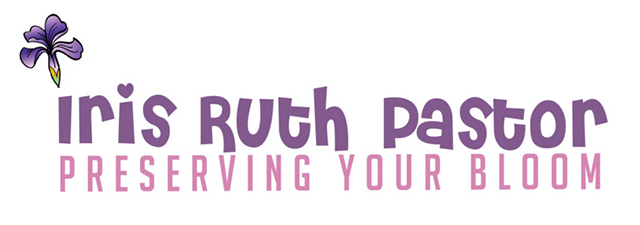I’m not proud to say that I found the year leading up to my mother’s death very grueling, aggravating, and stressful – not to mention agonizing – as I am sure she did too.
The details of my personal journey with my mom as she faced her own demise are irrelevant. Everyone who has buried a parent has their tale – and so many of us long to figure out how to “do death right.”
Fortunately, we don’t have to reinvent the wheel. Author Katy Butler, age 70, has done that for us in her new book “The Art of Dying Well.” Excerpts appeared in the Wall Street Journal on February 9 and most of my newsletter today is drawn from her brilliant research on “how to get the best from our imperfect healthcare system and how to prepare for a good end of life.”
Butler immediately knocks down the assumption that living as long as possible is at the top of our list. She cites from a 2017 Kaiser Foundation study that “most people cared much more about not having their families financially burdened by their care or distressed by tough medical decisions; having their medical preferences honored; and dying in peace spiritually, with their loved ones around them.”
Stressing that we have to craft a vision, Butler advocates for making clear to your loved ones what gives your life joy and meaning. Existentially, it begs the question of how much suffering we are willing to endure for more time on earth. Pragmatically, it calls on each of us to answer the question that when we no longer have a good quality of life, what medical treatments would we refuse? Butler suggests putting it in writing and giving it to someone – not necessarily a family member who may be too overwhelmed to let you go – but someone who you trust to speak for you when you can no longer speak for yourself.
Planning for and accepting the inevitable is one way to keep shaping your life all the way to its end. In my mom’s case, after her diagnosis of advanced pancreatic cancer, she made it known that she felt safest going to Hospice, where she knew she would be surrounded by a caring staff and her family could be close by.
My mom had three clear requests:
She wanted to be kept as pain-free as possible.
She didn’t want die alone.
She wanted to slip into unconsciousness and die on her birthday.
We arranged to carry out the first two. The third? I think she willed it from somewhere deep inside her and indeed slipped into a coma the morning of her birthday. When the sun was close to disappearing on the horizon, all three of her children and other family members and friends sang her “Happy Birthday.” An hour or so later, she drew her last breath and was gone.
I had already started a folder in my Notes section of my iPhone entitled “Funeral.” Up until reading Butler’s article, it only had one entry: my request that Bob Dylan’s song “Forever Young” be played before my funeral service began.
Here’s an excerpt:
May you grow up to be righteous
May you grow up to be true
May you always know the truth
And see the lights surrounding you
May you always be courageous
Stand upright and be strong
May you stay forever young
Forever young, forever young
May you stay forever young
After reading Butler’s article, I’ve got a lot more entries to add.
Keep Preserving Your Bloom,
Iris
